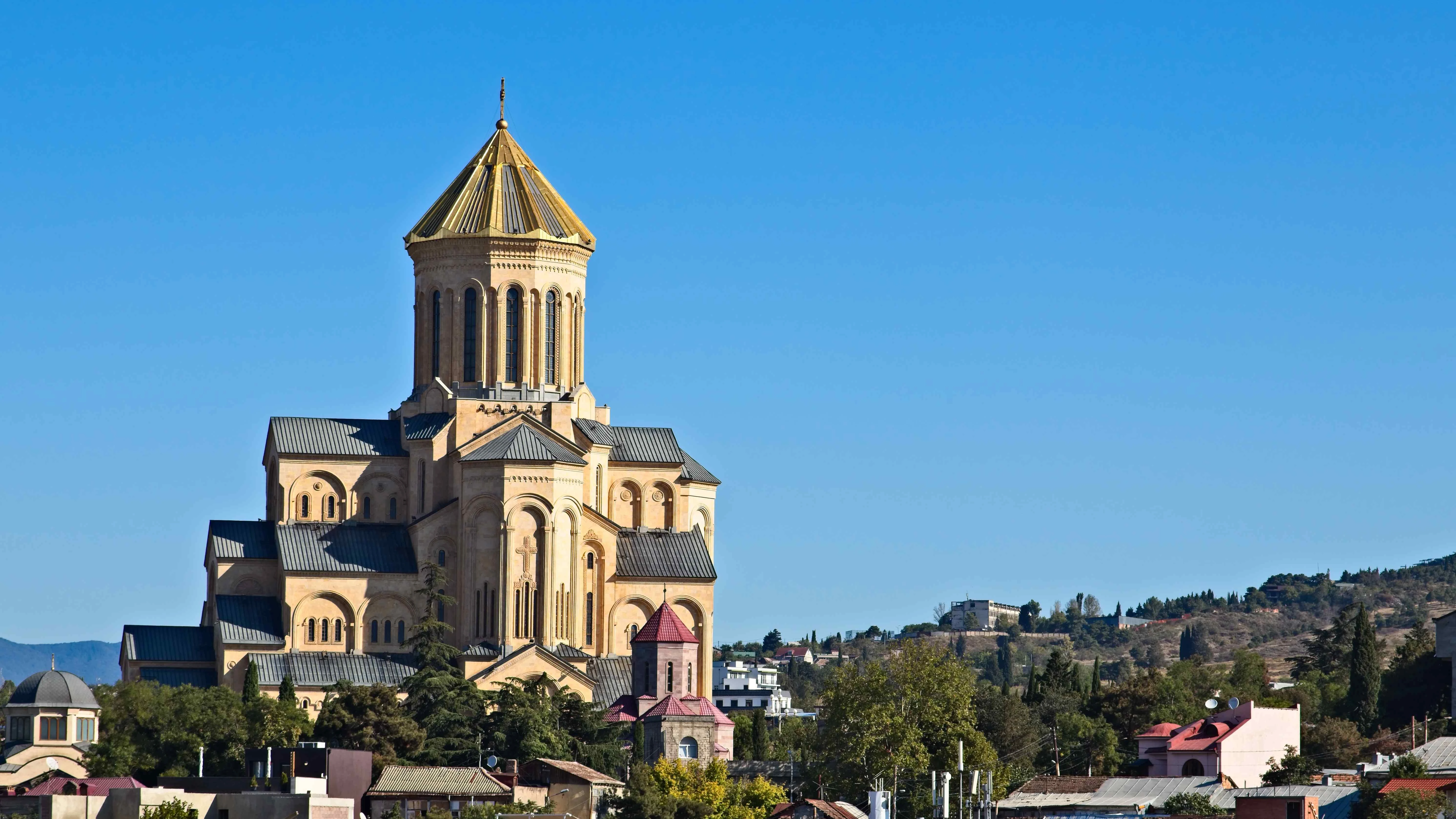Georgia, located in the Caucasus region of Eurasia, has a rich cultural heritage that has been shaped by its history, geography, and diverse communities. From its ancient history to its modern-day traditions, Georgia has a unique and fascinating culture that has been influenced by the Greeks, Persians, Turks, Mongols, and Russians, among others.
One of the most prominent aspects of Georgian culture is its food. Georgian cuisine is known for its rich flavors, unique spices, and delicious dishes. Some of the most popular Georgian dishes include khinkali (dumplings filled with meat, spices, and herbs), khachapuri (a cheese-filled bread), and shashlik (grilled meat skewers). Georgian wine is also famous around the world, with over 500 grape varieties grown in the country.
Another important aspect of Georgian culture is its music and dance. Georgian music is characterized by its polyphonic vocal harmonies, which feature multiple singers singing different parts simultaneously. Georgian folk dances are also renowned for their energy, complexity, and beauty. The dances often involve intricate footwork, vibrant costumes, and storytelling.
Georgian architecture is another hallmark of the country's culture. The old town of Tbilisi, the capital city, is home to numerous historic buildings, including the Metekhi Church, the Sioni Cathedral, and the Narikala Fortress. Many of these buildings feature unique Georgian elements, such as ornate balconies and wooden lattices.
Religion also plays an important role in Georgian culture. The country is predominantly Orthodox Christian, and there are many beautiful churches and monasteries throughout the country. Some of the most famous include the Holy Trinity Cathedral in Tbilisi, the Gelati Monastery near Kutaisi, and the Svetitskhoveli Cathedral in Mtskheta, which is a UNESCO World Heritage site.
In addition to its historic and traditional elements, Georgia is also a country that values modern art and innovation. The Georgian National Museum in Tbilisi features exhibits on art, archaeology, and natural history, and there are many contemporary art galleries throughout the city. The country is also home to a thriving film industry, with several international film festivals held in Tbilisi each year.
Finally, hospitality is a core value in Georgian culture. Guests are treated with great respect and warmth, and it is customary to offer food and drink to visitors. The Georgian supra, or feast, is a celebration of this hospitality and is a unique cultural experience that involves multiple courses of food, toasts, and songs.
In conclusion, Georgia has a rich and diverse culture that is steeped in history and tradition. From its delicious cuisine and vibrant music and dance to its stunning architecture and warm hospitality, Georgia has much to offer visitors who are interested in exploring this fascinating country. Whether you are interested in ancient history, modern art, or simply enjoying good food and drink, Georgia is sure to leave a lasting impression.






